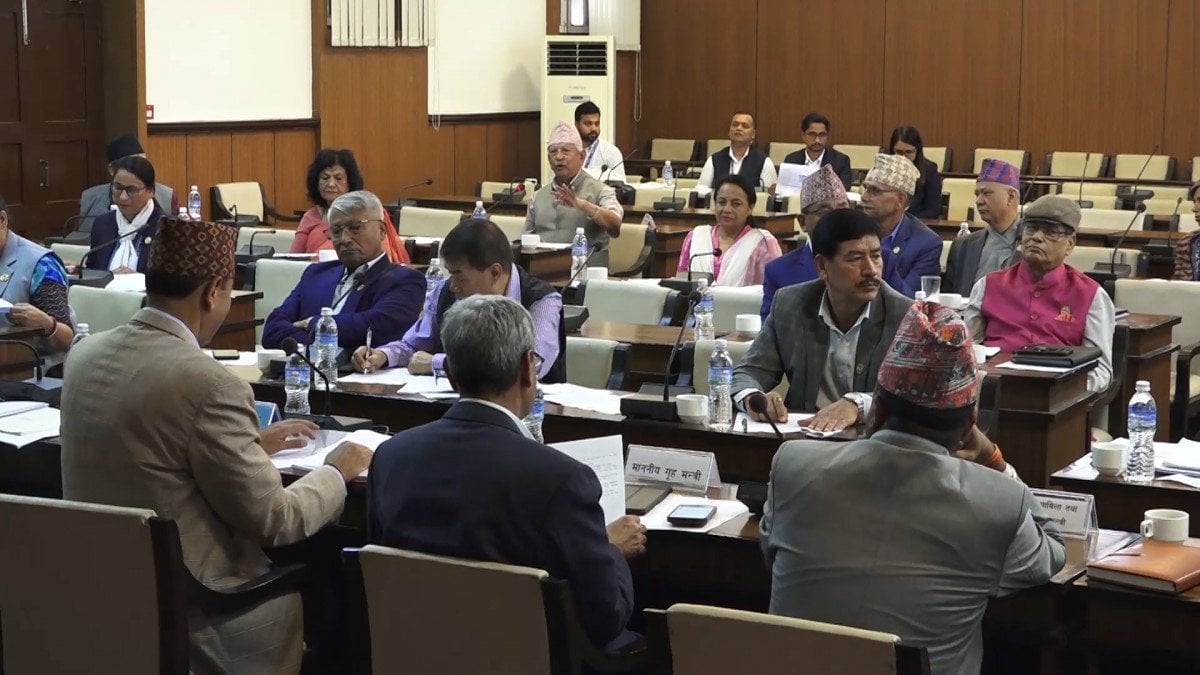House divided on putting statute of limitation for graft cases

Kathmandu, August 11: Members of the House of Representatives are divided on whether to impose a statute of limitation on corruption cases. While discussing amendments to the Prevention of Corruption Act, 2059, in the State Affairs and Good Governance Committee, opinions vary on whether there should be a general limitation period for prosecuting corruption cases.
Some members argue that corruption should be prosecutable throughout a person's life. Arjun Narsingha KC, for instance, opposed a proposed five-year time limit on corruption cases, asserting that it should be possible to prosecute individuals involved in corruption indefinitely.
In contrast, Shyam Kumar Ghimire believes that adding more offenses and harsher punishments to the bill is unnecessary. He contends that strict penalties alone will not eliminate corruption and that democracy should not impose excessively harsh punishments.
Nagina Yadav also supports limiting the scope of corruption cases. She argues against expanding the scope of the bill, suggesting that the government’s current approach gives too broad a mandate for prosecuting individuals or organizations.
Meanwhile, Sobita Gautam proposed different punishment systems based on the amount of corruption. She suggested specific prison terms for different corruption ranges, including 8 to 10 years for amounts between Rs 10 million and 200 million, up to 20 years for amounts of 1 billion rupees and life imprisonment for amount exceeding Rs One billion.
Overall, the debate continues on whether to introduce statute of limitation or allow for lifelong prosecution in corruption cases.










Leave Comment